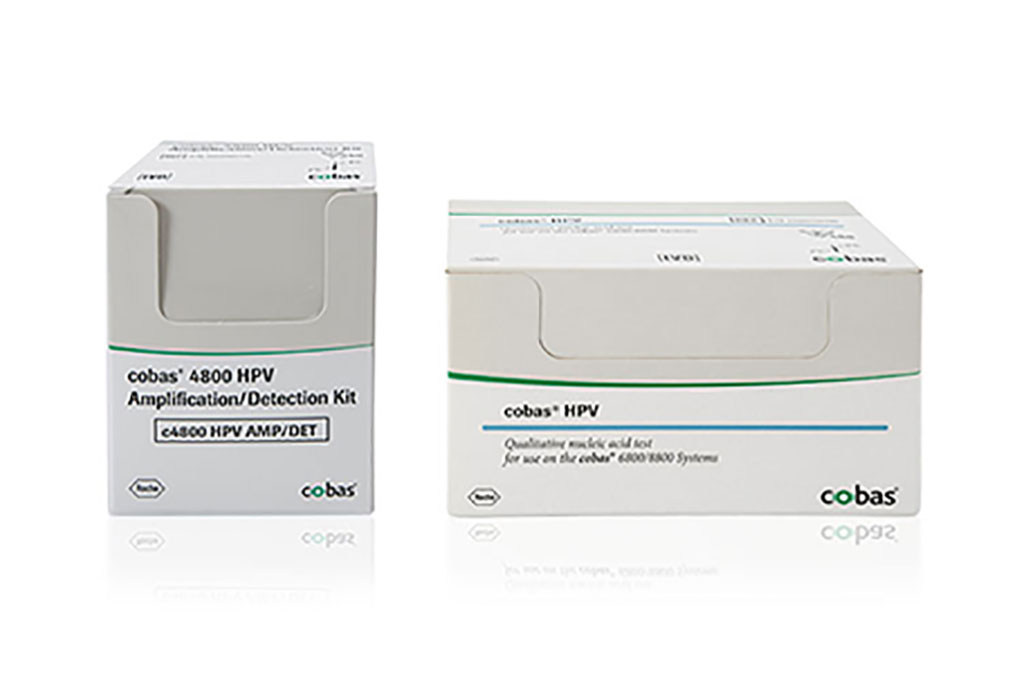Cervicovaginal DNA Virome Alterations Associated with Genital Inflammation
Posted on 09 Apr 2022
Cervical cancer is one of the most common cancers among women. In 2021, more than 600,000 cases and 340,000 deaths were reported worldwide. In addition to infection with the human papillomavirus (HPV), known risk factors for cervical cancer include immunodeficiency, smoking and oral contraceptive use.
The healthy vaginal bacterial microbiome is dominated by Lactobacillus species. Bacterial vaginosis, characterized by low Lactobacillus abundance and overrepresentation of anaerobes, including Gardnerella, Prevotella, Atopobium, Sneathia, Megasphaera, and others, has been associated with HPV infection and cervical intraepithelial neoplasia.

Women were classified as HPV negative or positive. HPV status was determined with a linear array HPV genotyping test (Roche Diagnostics, Indianapolis, IN, USA), which detects 37 anogenital HPV genotypes. Vaginal bacterial microbiome analysis was performed previously by 16S rRNA gene sequencing using DNA extracted from vaginal swabs and sequenced for 250 cycles on the MiSeq platform (Illumina, San Diego, CA, USA). A multiplex cytokine assay was performed using Milliplex MAP human cytokine/chemokine and Th17 magnetic bead panels (Millipore, Burlington, MA, USA).
The investigators reported that specific virome alterations were associated with features of the local microenvironment related to HPV persistence and progression to cervical cancer. Cervicovaginal viromes clustered distinctly by genital inflammation state. Genital inflammation was associated with decreased virome richness and alpha diversity and an increased abundance of Anelloviridae species from the genus Alphatorquevirus. Lactobacillus bacteriophages were closely associated with increased Lactobacillus abundance, consistent with phage-host relationships. Interestingly, bacteria-bacteriophage transkingdom interactions were linked to genital inflammation and showed specific interactions with bacterial vaginosis-associated bacteria, including Gardnerella, Prevotella, and Sneathia.
The authors concluded that they had identified associations between cervicovaginal DNA virome composition and bacterial microbiome and genital inflammation. Both vaginal Lactobacillus relative abundance and genital inflammation were associated with changes in the cervicovaginal virome. Anelloviridae species, including Alphatorquevirus species, were also associated with genital inflammation. Additionally, they observed distinct bacteria-bacteriophage transkingdom interactions between established disease-associated bacteria and bacteriophages. The study was published on March 28, 2022 in the journal mSystems.
Related Links:
Arizona State University
Copan Diagnostics
Roche Diagnostics
Millipore
Illumina













